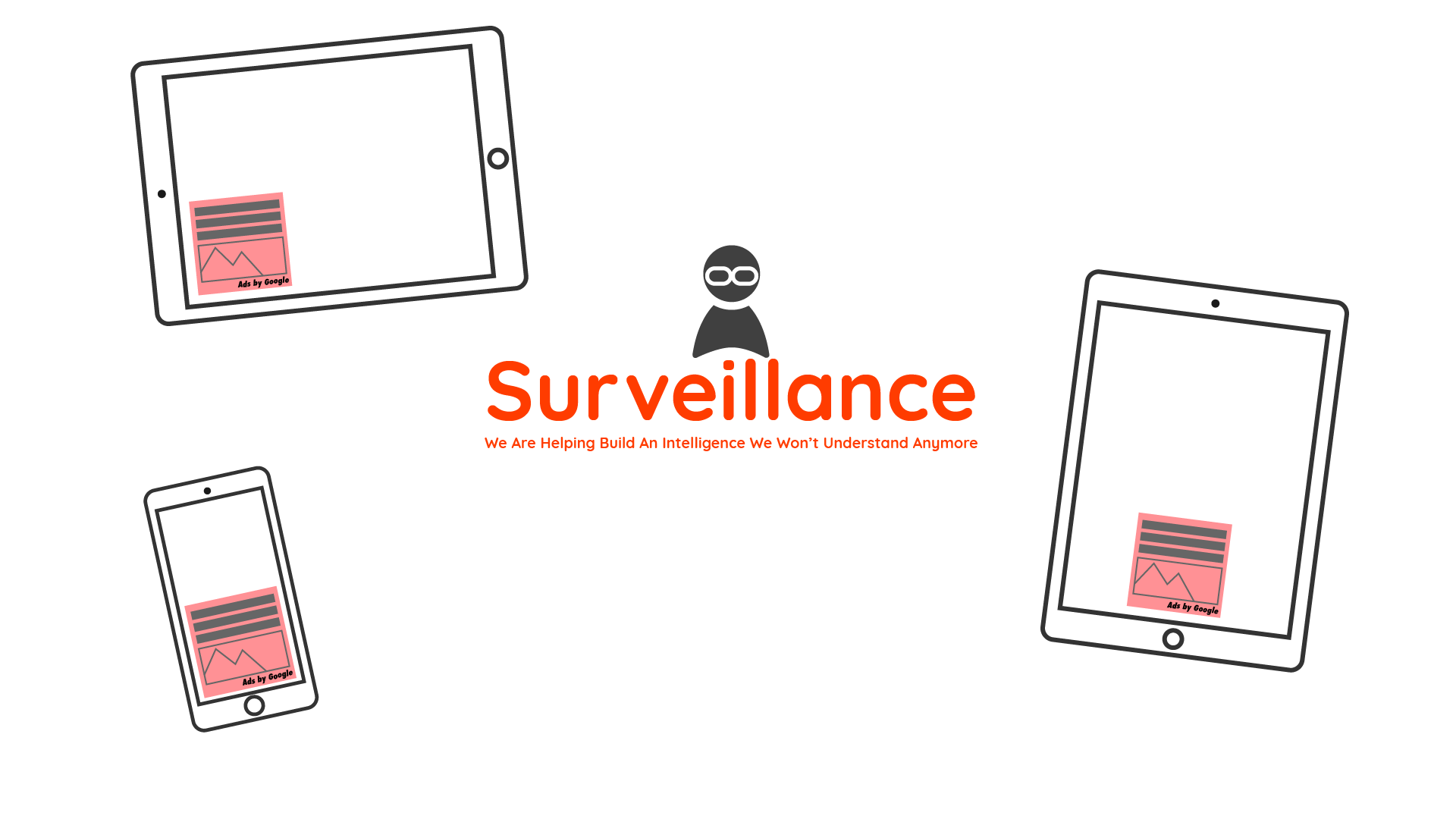We Are Helping Build An Intelligence We Won’t Understand Anymore
March 26, 2018

I was shocked when I took some time to how my online activities are tracked and used to change my online experience.
It was my friend’s birthday next week so I went to a gift shop online and bought a decorative canvas of movie Interstellar. It was my first time visiting that site. After that, I saw the advertisement of the website everywhere. Literally everywhere! Not only could I see the ads on other sites, but also they “infested” to my other devices. It is on The New York Times website on my PC. It appears on Instagram on my phone. I thought it was because these devices shared the same Wi-Fi network; as it turns out, it is not! I borrowed my roommate’s laptop and only saw same unfamiliar ads. I was shocked because there are so many implications for this.
First, something keeps tracking my web browsing history all the time. Having a little bit knowledge of web technology, I know the developer of the website has to purposely and secretly insert such script. The service was provided by Google whose most revenue is from advertisement. Second, ads are tailor-made for each user. Ads’ contents are mostly based on browsing history. Third, the advertising system has a method to track user’s devices and successfully map a device to a certain user. This is incredible since the internet where a device connects to is constantly changing. There must be a type of digital footprint to identify a user from a device with certain behaviors.

With a significant number of users, Google and other companies are collecting a tremendous amount of data that is available for them to analyze, utilize, and calculate. For example, I was using Facebook yesterday and routinely viewing my friends’ recommendations.
I noticed that when I make a weak connection—that is, adding a friend who barely shares friends with me—some weird friend recommendations appear. I believe the effect is bilateral. Consequently, I usually received a friend’s request from a stranger with a totally different background. I tried to accept a few requests each of which ends up with a strange and uncomfortable conversation. This is a “feature” that most users don’t want to have. Maybe Facebook didn’t do this on purpose and algorithm was trained to behavior such a way. Just like what Melody Kramer said about Facebook:
“It’s like we’re not programming anymore, we’re growing intelligence that we don’t truly understand”

However, this is not 100 percent true because, in the beginning, algorithms (such as for machine learning) were filled with biases by programmers and their leaders. They are not well presented and publicized to our users. However, millions of users depending on these online services, companies like Google and Facebook are collecting private data constantly and silently. From the Blackout experiment, we know that we could hardly keep out from technology and media. We are helping build an intelligence we won’t understand anymore.

